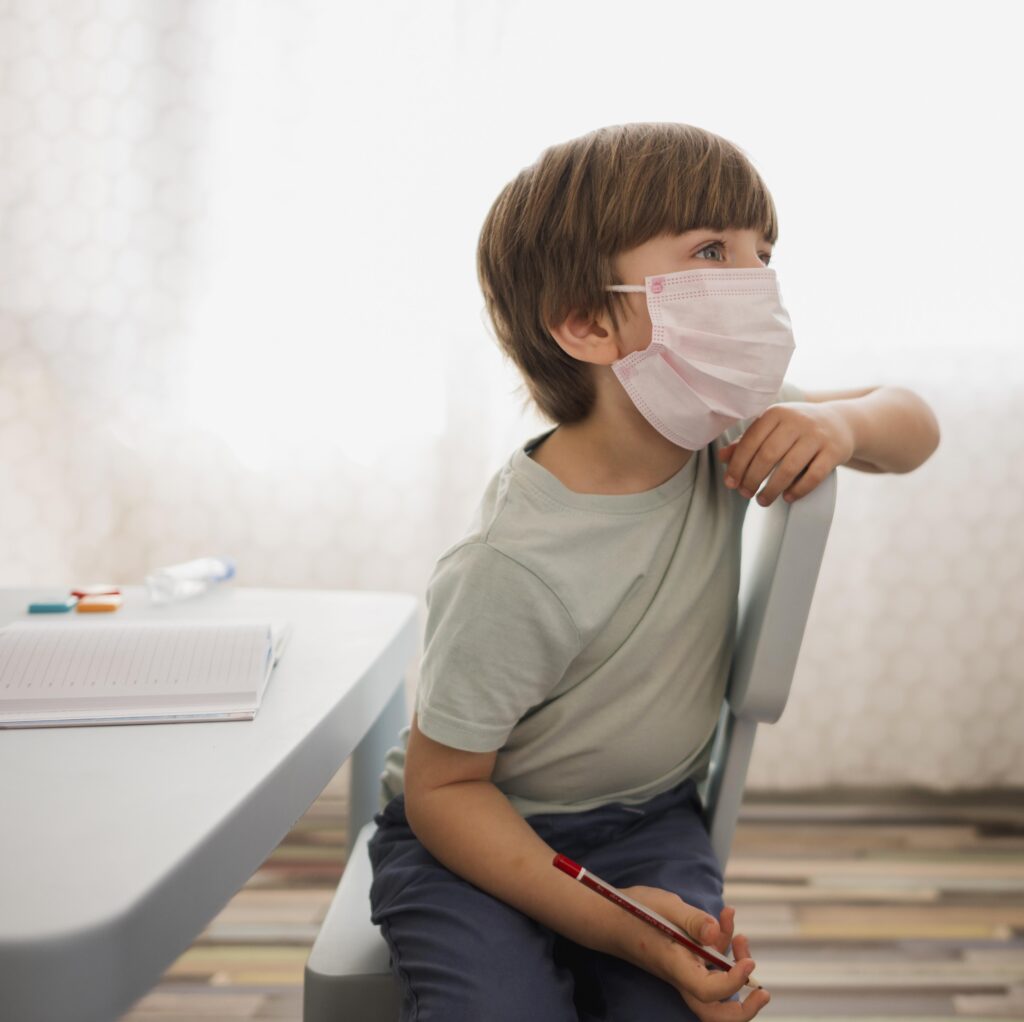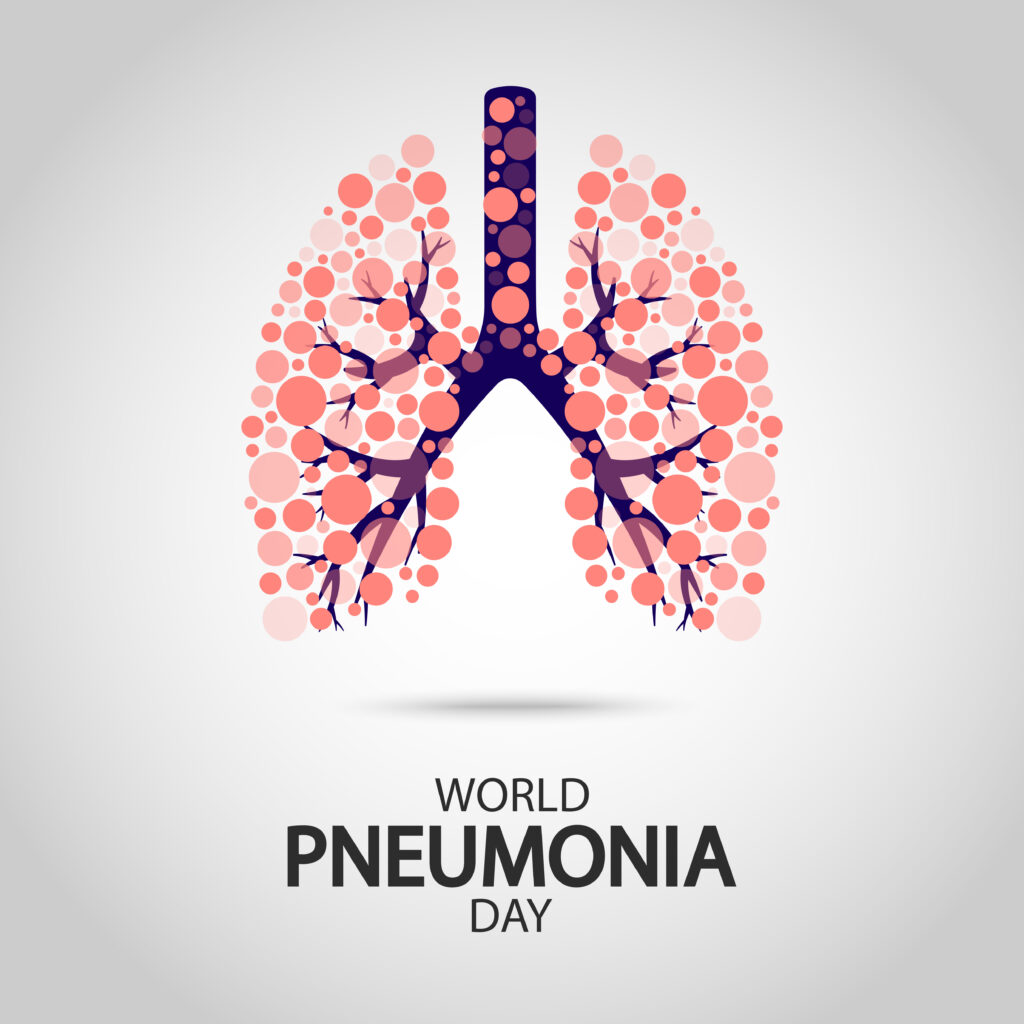Every breath is a silent symbol of life, yet for millions around the world, that simple act becomes a daily struggle. On World Pneumonia Day, observed every November 12, Kaigo joins the global call to action to fight pneumonia, one of the world’s most preventable yet deadly diseases. Through awareness, prevention, and early medical attention, Kaigo reminds us that safeguarding our breath means safeguarding life itself.
Understanding Pneumonia: What It Really Is
Pneumonia affects lungs and it is one of the serious infections. It causes inflammation in the air sacs—known as alveoli—which fill with fluid or pus, making breathing painful and reducing oxygen levels in the blood. It can be caused by bacteria, viruses, or fungi and ranges from mild illness to severe respiratory distress.
Among the common causes are:
• Bacterial pneumonia—often triggered by Streptococcus pneumoniae; common in adults.
• Viral pneumonia—caused by viruses like influenza, RSV (respiratory syncytial virus), or COVID-19.
• Fungal pneumonia—rare but seen in people with weakened immunity.
Pneumonia can develop on its own or as a complication of another illness, such as the flu or COVID-19.
Who ‘s at Risk?
Pneumonia can affect anyone, but some of the age groups faces high risk:
• Children under 5 years has immature immune system.
• Older adults (65+)—In order adults it will reduce lung capacity as a result chronic illnesses increase.
• People with weakened immunity—including cancer patients, organ transplant recipients, and those on immunosuppressant therapy.
• Individuals with chronic conditions—such as asthma, COPD, diabetes, or heart disease.
• Smokers and heavy drinkers—as these habits damage the lungs’ natural defenses.
According to the World Health Organization (WHO), pneumonia is responsible for over 700,000 child deaths each year, yet most are preventable with proper healthcare and vaccination.
Recognizing the Warning Signs
For timely treatment its early recognition is critical. Some of the common symptoms for pneumonia includes:
• Persistent cough (sometimes producing greenish or yellow phlegm)
• High fever and chills
• Rapid or shallow breathing
• Shortness of breath, even at rest
• Chest pain that worsens with coughing or breathing deeply
• Fatigue and weakness
• Blue-tinged lips or fingertips due to low oxygen levels (in severe cases)
In children, watch for rapid breathing, flaring nostrils, grunting sounds, or difficulty feeding.
In older adults, symptoms can be subtle, such as confusion, mild cough, or general weakness.
Ignoring these early signs can lead to severe complications such as sepsis, lung abscess, or respiratory failure.
How Pneumonia Spreads
Pneumonia typically spreads through airborne droplets when an infected person coughs or sneezes. It can also spread by touching contaminated surfaces or through bloodstream infections in newborns.
The risk for pneumonia is high in hospitals,crowded places,and among peoples with less hygiene or nutritional deficiency. Hence by maintaining the environment clean as well as boosting immune health are mainly essential defense strategies.
Prevention: The Strongest Defense Against Pneumonia
1. Vaccination Saves Lives
Vaccines such as the Pneumococcal Conjugate Vaccine (PCV), Haemophilus influenzae type B (Hib) vaccine, and annual influenza shots significantly reduce pneumonia cases and related complications. For older adults, vaccines like PPSV23 (Pneumovax) are highly recommended.
2. Maintain Good Hygiene
Frequent handwashing, covering your mouth while coughing, and avoiding close contact with sick individuals minimize exposure to germs.
3. Healthy Lifestyle and Nutrition
A diet rich in vitamin C, zinc, and antioxidants supports lung health and strengthens immunity. Regular exercise, adequate rest, and staying hydrated are equally vital.
4. Avoid Smoking and Alcohol
Smoking damages the lungs’ natural defense mechanisms, while excessive alcohol weakens the immune system—both drastically increasing pneumonia risk.
5. Timely Medical Care
Never ignore persistent cough or shortness of breath. Early diagnosis through chest X-rays and blood tests ensures effective treatment and faster recovery.
Treatment and Recovery
The treatment of pneumonia depends on the type and its severity:
• Bacterial pneumonia is treated with antibiotics.
• Viral pneumonia requires rest, hydration, and antiviral medications when necessary.
• Fungal pneumonia is managed using antifungal drugs.
In addition, oxygen therapy or hospitalization may be needed for severe cases. Most patients recover fully with proper treatment and rest, but follow-up care is crucial to prevent relapse or lung damage.
Pneumonia in Children and the Elderly
In Children:

• Malnutrition, air pollution, and lack of vaccination increase susceptibility.
• Exclusive breastfeeding for the first six months, proper nutrition, and immunization drastically reduce the risk.
In Older Adults:
• Aging weakens the respiratory system and immunity.
• Regular checkups, flu shots, and maintaining hydration are vital to protection.
World Pneumonia Day is particularly significant for these age groups—the most vulnerable, yet the most preventable cases.
The Bigger Picture: Global Awareness and Action
World Pneumonia Day is more than an awareness event—it’s a global commitment. The theme for 2025, “Every Breath Counts,” echoes the urgent need for equity in healthcare access, vaccination coverage, and environmental health.
Air pollution, climate change, and lack of access to clean healthcare facilities continue to worsen the global pneumonia burden. Combating these requires a unified effort between governments, healthcare organizations, and communities.
Everyone can play a role—by learning the symptoms, getting vaccinated, and spreading awareness to protect the most vulnerable around us.
On this World Pneumonia Day, let’s remember that prevention begins with awareness. Kaigo continues its mission to support preventive healthcare by empowering people with knowledge, technology, and access to early diagnosis. Pneumonia is preventable, treatable, and beatable—but only if we act in time.
Together, we can ensure that every breath counts—strong, steady, and full of life.

